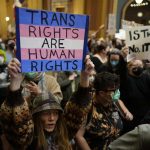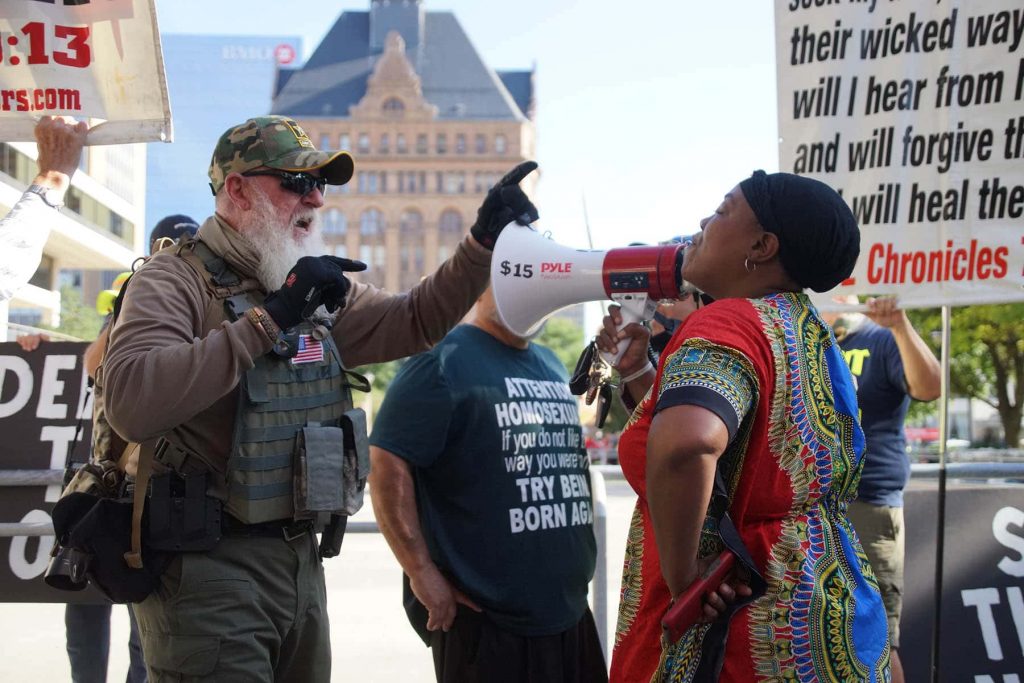
Some children born to U.S. citizens stationed abroad as government employees or members of the U.S. military will no longer qualify for automatic American citizenship under a policy change unveiled on August 28 by the Trump administration.
Effective October 29, certain parents serving overseas in the U.S. armed forces or other agencies of the federal government must go through a formal application process seeking U.S. citizenship on their children’s behalf by their 18th birthday, the policy states.
A government fact sheet, however, listed several caveats appearing to exempt many such children from the new requirement, including those with at least one U.S. citizen parent who lived in the United States before the child’s birth.
Currently, children born to U.S. citizens stationed by their government in a foreign country are legally considered to be “residing in the United States,” thus allowing their parents to simply obtain a certificate showing their children acquired citizenship automatically.
But in an 11-page “policy alert,” the U.S. Citizenship and Immigration Services (USCIS) agency said it found the prevailing rules contradictory and at odds with other parts of federal immigration law and State Department procedures.
Beyond that, the rationale for the policy revision remained unclear.
“It’s a solution in search of a problem,” Tennessee-based attorney Martin Lester, who chairs the military assistance program for the American Immigration Lawyers Association, told Reuters. He added that the scope of the change seemed fairly limited.
“I’m sure, to be fair, it’s a relatively small number of people,” Lester said.
Acting USCIS director Ken Cuccinelli stressed on Twitter that the new rule “does not impact birthright citizenship” – the doctrine – criticized by President Donald Trump – by which anyone born in the United States or its possessions automatically acquires U.S. citizenship.
But the change could conceivably give Trump room to argue that his administration curtailed birthright benefits that a citizen with little or no actual U.S. residency can automatically confer to their foreign-born offspring.
“It only affects children who were born outside the US and were not US citizens,” Cuccinelli tweeted.
The larger American expatriate community is likewise unaffected. Children born overseas to non-military, non-government parents still automatically gain U.S. citizenship so long as at least one parent is a U.S. citizen who has previously lived in the United States for five years or more.
The new policy, which is not retroactive, sparked immediate consternation on the part of some organizations representing members of the armed forces.
“Military members already have enough to deal with, and the last thing that they should have to do when stationed overseas is go through hoops to ensure their children are U.S. citizens,” said Andy Blevins, executive director of the Modern Military Association of America.
He urged Congress to take action to address the situation to “ensure our military families don’t suffer the consequences of a reckless administration.”














